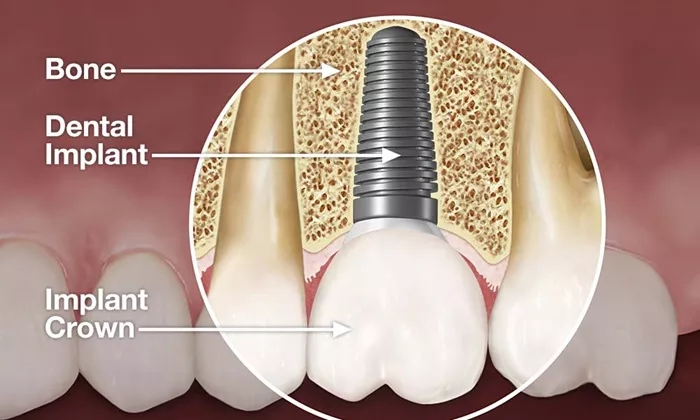Dental implants have revolutionized modern dentistry, offering a durable and natural-looking solution for replacing missing teeth.
However, like any medical procedure, there are potential risks and dangers associated with dental implants that patients should be aware of before undergoing treatment. In this article, we will explore the various dangers of dental implants and how they can impact oral health.
What Are The Dangers of Dental Implants?
1. Infection Risks
One of the primary dangers of dental implants is the risk of infection. Although implant surgery is generally safe when performed by a skilled professional in a sterile environment, there is still a chance of infection occurring during or after the procedure. Infections can lead to complications such as implant failure, bone loss, and discomfort for the patient. Proper oral hygiene and regular check-ups with your dentist are crucial in preventing infections and ensuring the long-term success of dental implants.
see also:are dental implants stronger than real teeth
2. Implant Failure
While dental implants are designed to be a long-lasting solution for missing teeth, there is a possibility of implant failure over time. This can occur due to various factors such as poor oral hygiene, smoking, underlying health conditions, or implant misplacement during surgery. Implant failure may result in the need for implant removal and replacement, additional procedures, and increased costs for the patient.
3. Bone Loss
Another danger associated with dental implants is the potential for bone loss in the jaw. Implants rely on healthy bone tissue for stability and integration. However, if the bone density is insufficient or if there are complications during the healing process, bone loss can occur around the implant site. This can weaken the implant’s foundation and compromise its long-term success.
4. Nerve Damage
During implant surgery, there is a risk of nerve damage, especially in the lower jaw where nerves are closer to the implant site. Nerve damage can lead to numbness, tingling, or loss of sensation in the lips, tongue, or cheeks. While this complication is rare, it highlights the importance of choosing a skilled and experienced implant dentist who can minimize the risk of nerve injury during surgery.
5. Allergic Reactions
Although uncommon, some patients may experience allergic reactions to the materials used in dental implants, such as titanium or certain types of ceramics. Allergic reactions can manifest as swelling, redness, itching, or discomfort around the implant area. It is essential for patients to inform their dentist of any known allergies or sensitivities before undergoing implant treatment to avoid potential complications.
6. Gum Recession
Gum recession is another potential danger of dental implants, especially if proper oral hygiene practices are not maintained. Poor brushing and flossing techniques can lead to gum irritation, inflammation, and recession around the implant site. Receding gums not only affect the aesthetics of the smile but also expose the implant to bacterial infection and compromise its stability.
7. Sinus Issues
For patients receiving implants in the upper jaw, there is a risk of sinus issues if the implant protrudes into the sinus cavity or disrupts the sinus membrane during placement. This can lead to sinus infections, congestion, pain, and pressure in the face. Careful planning and imaging studies are necessary to avoid complications related to sinus proximity during implant surgery.
8. Long-term Maintenance
While dental implants are durable and can last for many years with proper care, they require regular maintenance and monitoring to ensure their longevity. Routine dental visits, professional cleanings, and x-rays are essential for detecting any potential issues early and addressing them promptly to prevent complications and implant failure.
Conclution
In conclusion, while dental implants offer significant benefits in restoring oral function and aesthetics, it is essential for patients to be aware of the potential dangers associated with implant treatment. By understanding these risks and working closely with a qualified implant dentist, patients can make informed decisions about their oral health and minimize the likelihood of complications.

